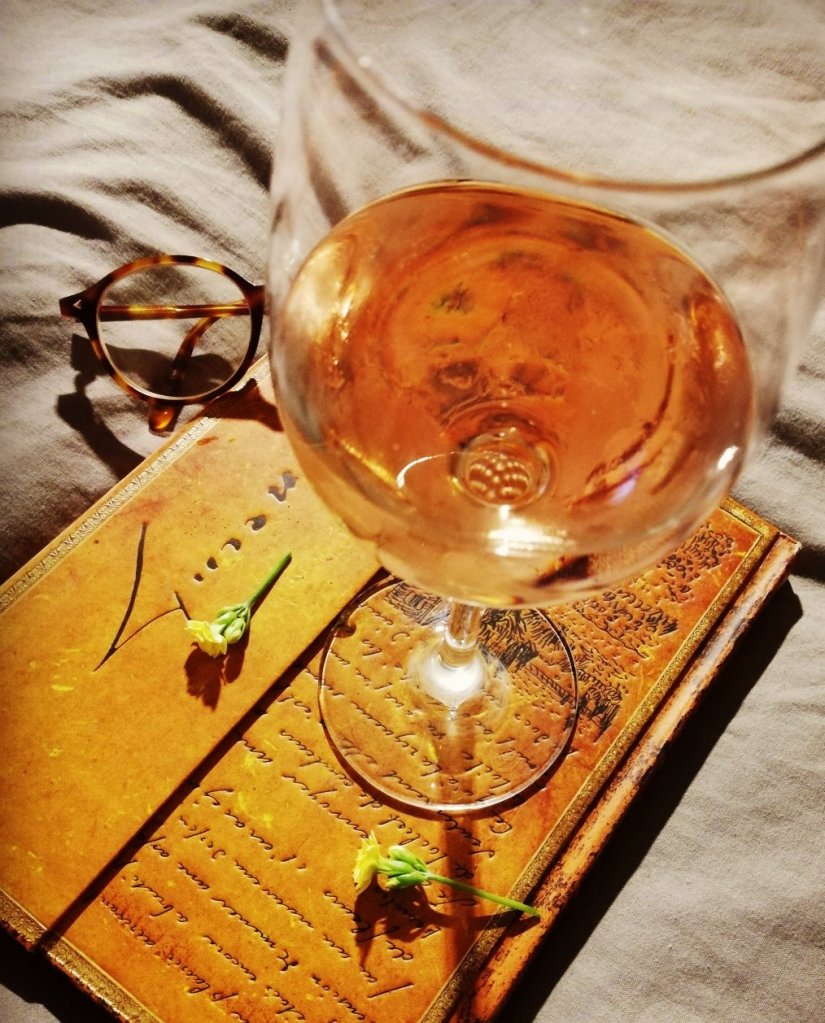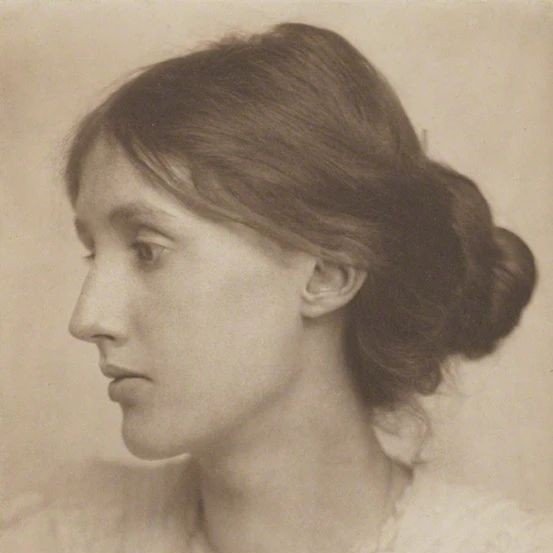
Rose had fought tooth and nail against her parents and society to bypass the linear movements of most young women in the late 1950s. She hustled her way through her degree and her Masters, and into the murky, male-dominated pool of psychology. Grappling all three and nailing them down, and doing it all with little fanfare.
Which is why it bewildered everyone when she decided one day to simply pull the plug on it all. To them it seemed a monumental waste of time, energy and money, and to some of her enemies in the field; devoted and unmoved on their initial opinions, a typically impulsive and illogical action that seemed to personify women as a whole. To those more fervent in their professional distaste of Rose, they saw this as a victory. Proof, really, that women just aren’t cut out for the workplace.
Whilst in the midst of her profession pioneering (and personal existential crisis), one of her clients who had been with her since the infancy of her practice, and had remained a devotee to his treatment, had died unexpectedly, and unbeknown to Rose, had made her his benefactor. Initially this was nothing but a headache. He’d owned a small apartment in Jessons County, Maryland, which revealed him to be the very definition of a hoarder. Mercifully, he’d left her no debts to deal with, but the hassle of having to clear out all of his belongings – none of which had much value or even practical use – had meant having to close her practice for a few days and reschedule her patients.
It was sorting through his abomination of a home that she discovered the deeds to a little property he’d owned in Napa County, California. Complete with ten acres of land.
Rose had become a psychologist because the human mind fascinated her. She’d later opened up her own therapy practice because she had wanted to be the vessel that made her patients reveal to themselves (and her) pockets of their psyche that marred their lives. But as interesting as her patients usually were, people exhausted her. The endless hostility from her male professional peers, the constant prying into her personal life, (“I don’t see a ring on that finger?”) the clinginess, and the attempts at breaching doctor-patient boundaries in the quest for Rose’s friendship, or romantic involvement from more than one needy male patient who thought that if he could just find himself a wife and homemaker all his problems would be solved (“you’re such a good listener” they’d often coo at her.) All of this would eventually lead her to believe that the mind was so seemingly irrevocably moulded by society, that the mysteries that it once held for her had begun to evaporate. Her job was to help people, not to revolutionise society one depressed individual at a time, or to shatter the American dream, which was something she knew held dear to many. Not so much a dream but a belief system.
She knew she’d be labelled a quitter, and she didn’t care.
[image and all words are mine and are subject to copyright]
